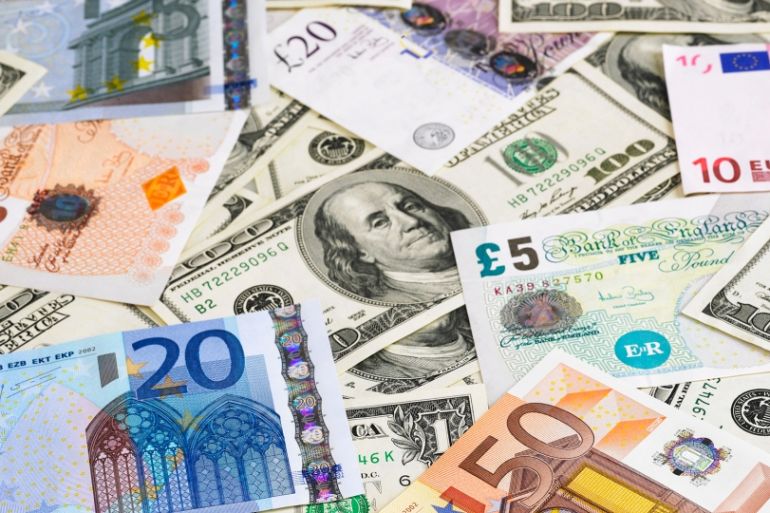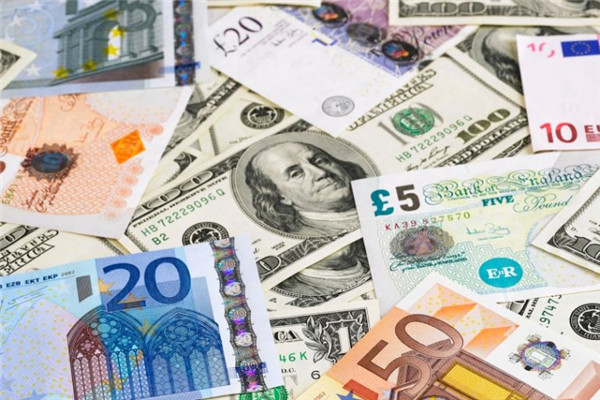Currency depreciation refers to a decrease in the value contained or
represented by a unit of currency, that is, a decrease in the price of a unit of
currency. Therefore, is currency depreciation beneficial for imports or
exports?

Currency depreciation has an impact on both imports and exports, but it can
have a more significant impact on exports.
When a country's currency depreciates, it means that the exchange rate of
that country's currency relative to other countries' currencies decreases. In
this case, imported goods will become more expensive as more domestic currency
is needed to purchase the same amount of foreign currency. This may be
unfavorable for importers, as they need to pay higher costs to purchase imported
goods.
However, for exporters, currency depreciation can bring some benefits. Due to
the depreciation of the domestic currency, the exchange rate of foreign
currencies relative to the domestic currency will increase. This means that
foreign buyers can purchase more domestic currency with fewer foreign
currencies, making their exports more competitive. Therefore, exporters can sell
goods at lower prices, attract more foreign buyers, and increase export volume
and sales.
Currency depreciation can lead to an increase in domestic prices, but under
certain conditions, it can stimulate production, lower the prices of domestic
goods abroad, and be beneficial for expanding exports and reducing imports.
Therefore, after World War II, many countries used it as a means to respond to
economic crises and stimulate economic development.
In addition, currency depreciation may also stimulate the export sector of
the domestic economy. When a currency depreciates, the profit margin of the
export sector may increase, thereby encouraging more enterprises to engage in
export business, promoting economic growth, and increasing employment
opportunities.
Disclaimer: This material is for general information purposes only and is not intended as (and should not be considered to be) financial, investment or other advice on which reliance should be placed. No opinion given in the material constitutes a recommendation by EBC or the author that any particular investment, security, transaction or investment strategy is suitable for any specific person.


























